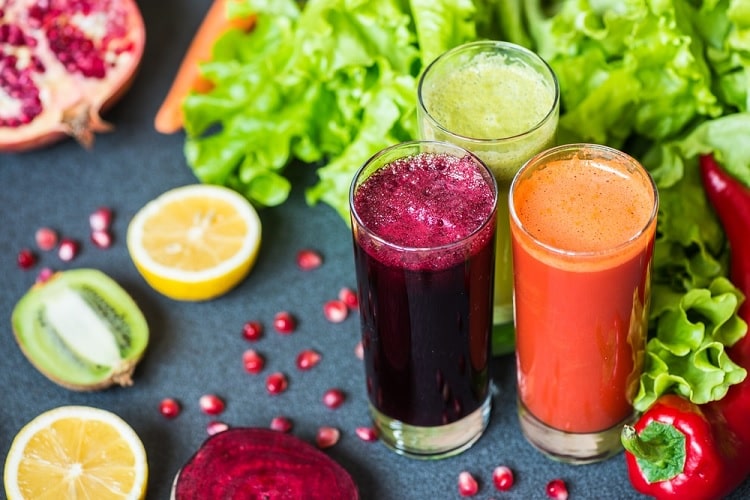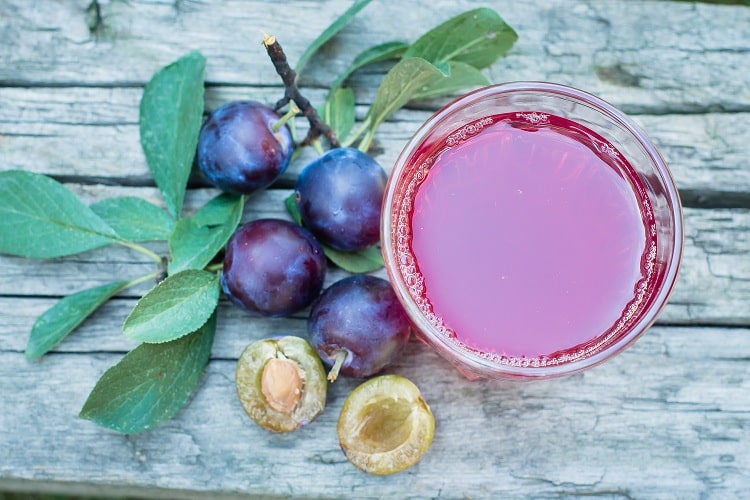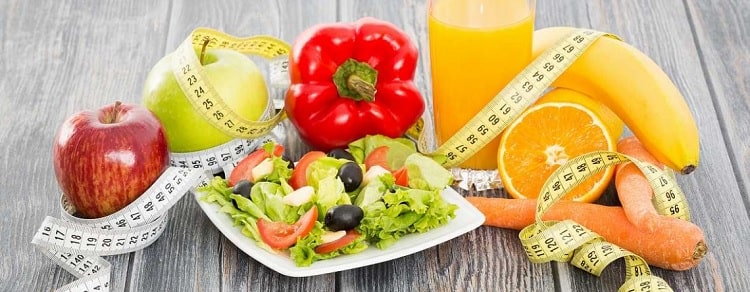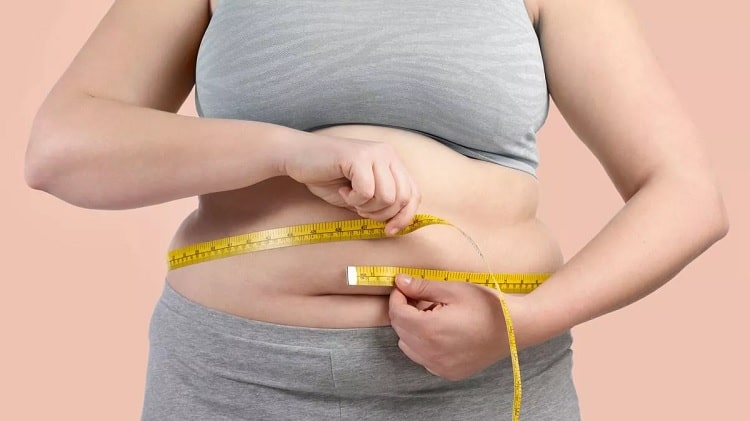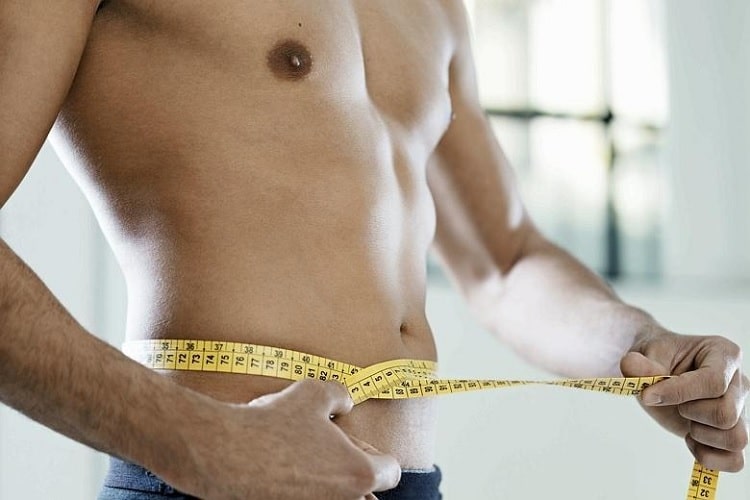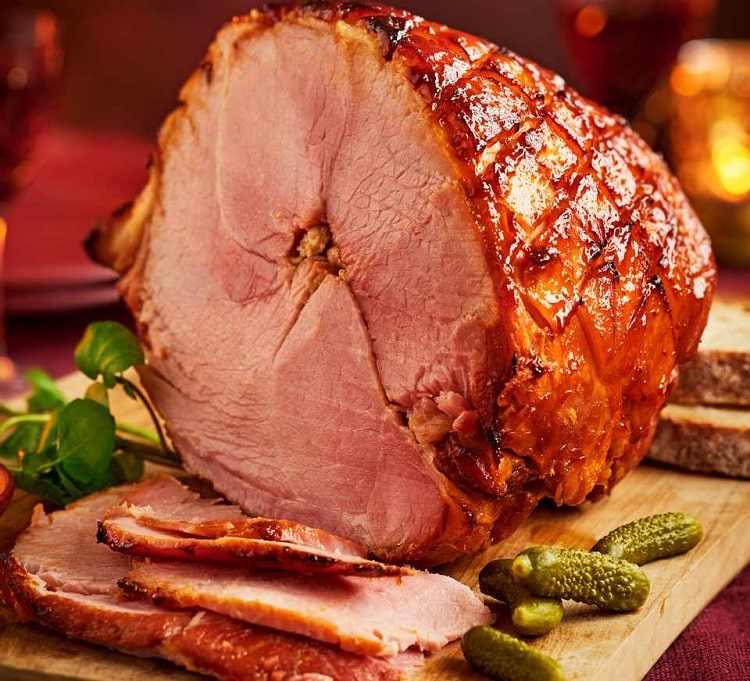Is A 30-Day Liquid Diet Good for Weight Loss? Menu, Benefits & Risks
People on their weight loss journey adopt different methods to achieve their goals. The liquid diet is one such diet that has gained popularity in recent times to lose weight rapidly. While adopting a liquid diet may sound easy to follow, you should be aware of the dos and don’ts of following this diet.
Having prior knowledge about your dietary needs and your body’s ability to burn calories a day can aid in managing your food consumption, including food choices in a 30-day liquid diet.
Healthcare professionals recommend liquid diets for people with digestive issues, medical conditions, or after a medical procedure. When you’re planning to lose weight through a 30-day liquid diet, you need to figure out a liquid diet plan that works well for you. This article will act as a beginner’s guide and aid in your understanding of the 30-day liquid diet, its advantages, and its drawbacks.
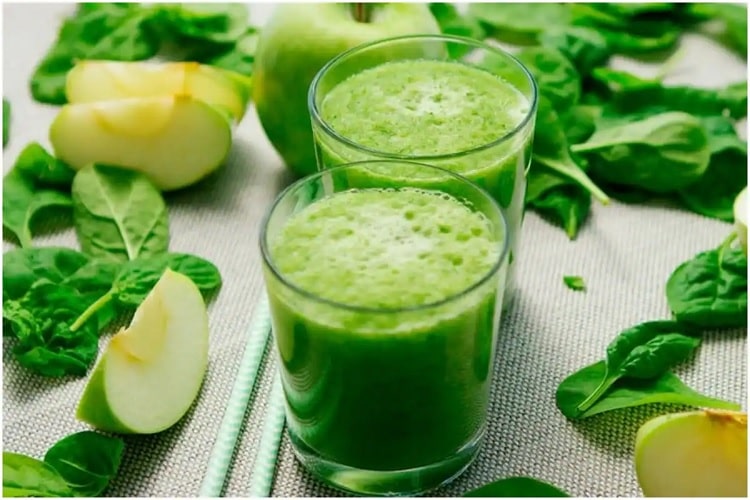
What Is Exactly a Liquid Diet?
A liquid diet, as the name implies, is a restrictive diet that emphasizes drinking beverages to satisfy your daily calorie requirements. Since there are wide varieties of liquid diets, the foods complying with each of these diets have slight variations.
People who opt for liquid diets for weight loss choose to substitute all or most of their meals with low-calorie beverages to promote weight loss.
A full liquid diet includes the consumption of both clear fluids and thicker fluids, whereas a clear liquid diet restricts your liquid consumption of clear liquids.
For instance, clear liquid allows the consumption of the following clear liquids:
- Water
- Clear juices without any pulp
- Clear broths
- Tea or coffee without milk or cream
- Electrolyte beverages
Since liquid diets can cause rapid weight loss, people prefer liquid diets over other dieting methods. But to be on the safer side, you have to plan to lose one to two pounds per week on a 30-day liquid diet for sustainable weight loss.
How Many Calories Can You Consume in A Liquid Diet?
The specific daily goal for those following a full liquid diet is to eat 1,340–1,500 calories and 45 g of protein. However, on average, women require 1,600-2,400 calories per day to maintain their weight, and men need between 2,000 and 3,000 calories.
Since the daily calories from a liquid diet can be restrictive, it is best to consult your healthcare professional to determine its suitability for you. You can seek the help of your dietician to prepare a liquid diet plan based on your dietary needs.
Is A 30-Day Liquid Diet Good for Weight Loss?
Liquid diets can help with weight loss in many ways. Replacing high-carb meals or high-sugar beverages with low-calorie beverages can aid in reducing daily calories and losing weight significantly. We shall look into the weight-loss effects of following a liquid diet.
Low in Calories
Due to the low-calorie content of liquid diets, sticking to them can help you reduce your caloric intake and lose weight. When you reduce your daily calorie intake to 500 fewer calories, you are likely to lose one or two pounds of body weight per week.
Consuming fewer calories per day can make your body enter into a fat-burning mode, where your body utilizes glycogen stores for energy. A 2012 study found that very low calorie diets, including liquid diets, were effective at reducing body weight in adults when compared with a low-calorie diet.
Convenient for The Digestive System
On a liquid diet, your body can have better digestion, absorption, and excretion of nutrients. Liquid diets are easy on your digestive system, which supports your weight loss. Studies show that liquid diets can increase your fiber intake, which can increase feelings of satiety and help control calorie intake. Incorporating fiber into your liquid diet can help you feel fuller and promote weight loss.
Cleanse Your Body
Liquid diets can help detoxify your body, which can be beneficial for your gut health. Detoxification helps eliminate toxins from the body and aid in better digestion. When you detoxify your body through liquid diets, you can have improved gut health. A balanced gut microbiota is essential for weight maintenance since an imbalance in the same impacts your weight.
Even though liquid diets can promote weight loss, it has to be followed for a limited period to avoid nutritional deficiencies.
Tips to Follow A 30-Day Diet for Weight Loss
Adopting a 30-day liquid fast can be challenging in the initial days. Here are some tips that can help you with following this diet consistently:
- Taking nutritional supplements can help to meet your daily dietary needs on a liquid diet. But it is best to seek your doctor’s help before consuming dietary supplements.
- Staying hydrated is vital for supporting your various bodily functions, especially on a liquid diet. Since you rely on liquid foods for daily nutritional consumption, you should drink a sufficient amount of water.
- Adding variety to liquid diets can help with consistency. There is a wide range of foods you can consume on a liquid diet. You can choose the foods that can match your dietary needs, goals, and preference.
When on a liquid diet because of a medical condition or following treatment, following the doctor’s instructions is crucial. You can also opt for electrolyte beverages during liquid diets.
A Liquid Diet Plan for Weight Loss
A sample liquid diet plan is provided for you below. You can make changes based on your dietary needs and preference.
- Breakfast: Fruit Smoothie
- Lunch: A veggie soup with a cup of chicken broth
- Dinner: A lentil stew
Whenever you feel hungry between your liquid meals, you can consume fruit or veggie juice that is packed with fiber.
Foods You Can Consume in A Liquid Diet
Even though a liquid diet can be restrictive, you can have a wide range of liquid foods in the diet. Some of the primary foods you can have in a liquid diet are:
- Fruit and veggie juice
- Coffee, tea
- Broth
- Smoothies
- Yogurt
- Powdered protein
- Liquid dietary supplements
- Soups
- Electrolyte drinks
- Milk or dairy-free milk
You can consume foods that stay liquid at room temperature. But consuming low-calorie beverages can be effective for weight loss.
Foods to Avoid in A Liquid Diet
You need to avoid consuming solid foods in a liquid diet. Despite the fact that some of these items are healthful, they must be avoided when following a liquid diet. The foods you need to refrain from consuming in a liquid diet are:
- Nuts and seeds
- Raw or mashed fruits and vegetables
- Bread, whole pasta, or rice
- Cereals or oats
- Meat
- Soups with rice or noodles
- Pastries
All solid foods are non-compliant foods in a liquid diet.
How Much Weight Can You Lose in A 30-Day Liquid Diet?
The amount of weight you can lose in any diet depends on your age, weight, height, body composition, and activity level. If you’re planning to lose one pound per week, restrict your weekly calorie intake to 3500 below what your body burns. You can achieve the same through liquid diets and lose 4 to 8 lbs per month. Losing more than 2 pounds per week can be detrimental to your health.
Benefits of A Liquid Diet
Liquid diets can be beneficial in many ways. Some of the primary benefits of a liquid diet are listed below.
- It helps to detoxify your body.
- It improves your skin.
- It can improve your digestion.
- It provides hydration and nourishment.
- It can improve your organ function.
- It can reduce symptoms of stomach-related problems.
Liquid diets can support your health when you include fruit and veggie juices or stews that are high in nutrition.
Potential Downsides
Even though there is a significant reduction in weight through liquid diets, it is primarily water weight. Therefore, you are likely to gain weight after a while. Liquid diets can also increase cravings for carbs and sugar, which hinders your weight loss. You could also lose muscle mass through liquid diets. When you lose muscle, your metabolism slows down, which stalls weight loss.
Lack of nutrients through liquid diets can also cause some adverse effects like fatigue, constipation, diarrhea, nausea, headache, and dizziness. Also, people with a medical condition should consult their doctor before following liquid diets to avoid adverse effects.
The Bottom Line
Even while the 30-day liquid diet results in rapid weight loss, there is a substantial likelihood of gaining the weight back. People may find the 30-day liquid diet weight loss before and after results appealing in the short term. However, it does not promote weight loss over the long haul. This liquid diet plan is also only advisable for some kinds of people. There are a variety of healthy options to lose weight.
If you want to lose weight through liquid diets, you should monitor your daily nutritional consumption to protect your body against health hazards associated with nutritional deficiencies. For sustainable weight loss, consider engaging in an exercise routine and adopting a nutritious diet plan.

